How to naturally protect poultry against coccidiosis
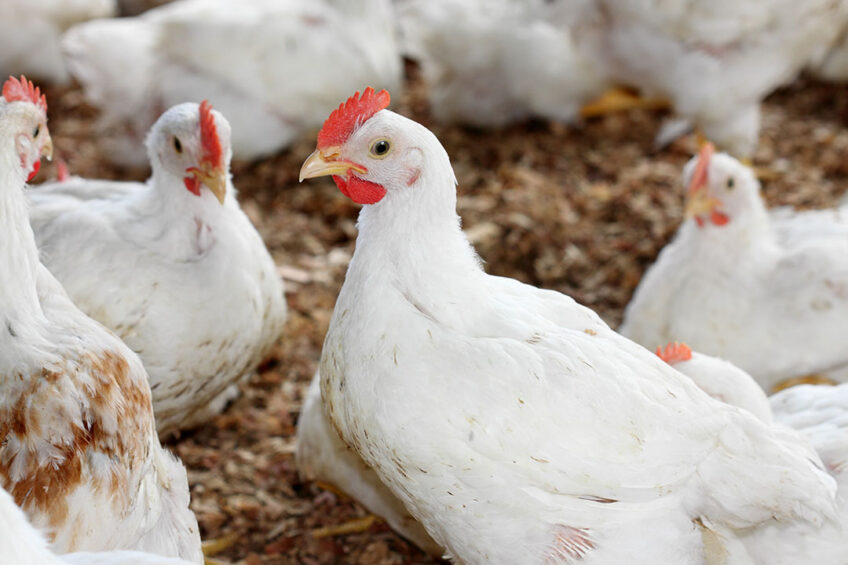
Coccidiosis has an annual cost estimated at €10 billion for the poultry industry. To combat this disease, the industry can rely on anticoccidial chemicals, ionophores which are more and more contested. CCPA has developed an entirely natural to improve poultry performances.
Coccidiosis, a major disease for the poultry industry
Coccidiosis is the most common and most important disease in poultry. This disease is caused by coccidia, protozoan parasites of the Eimeria genus present in the environment (faeces, water, litter). Eimeria form spores (oocysts) according to a defined life cycle by “using” the epithelial cells in the intestine where they multiply within it, resulting in gut damages such as inflammation, haemorrhage, diarrhoea, or even clostridiosis and necrotic enteritis. These oocysts are then excreted with the faeces. The infection occurs by a high intake of oocysts in breeding. There are different manifestations of their presence on a farm. A chronic infection without any external manifestation, with an impact on performance, intestinal lesions, and an acute infection with the reduction in consumption, haemorrhagic diarrhoea, and mortality. Avian coccidiosis is one of the major diseases affecting poultry production with a high cost for the poultry industry. In addition to the economic losses associated with underperformance in the context of coccidian challenge, coccidiosis is also a gateway for other opportunistic infections.
Successful control of coccidiosis is multifactorial. The main lever of action is to manage the sanitary status of the flock and the environment to restrain the parasite cycle and keep the level of infestation below a critical threshold. In that regard, appropriate farm management with strict biosecurity measures is a key cornerstone. In addition, today the approaches to constrain coccidiosis mostly include anticoccidial chemicals, ionophores along with vaccines. However, the use of these first molecules is associated with various limitations (specific production lines, appearance of resistant strains, etc.). Recently, increasing consumer demand for environmentally friendly products and animal welfare have encouraged the development of natural solutions thereby reducing the use of chemical antimicrobials.
A more natural approach is possible
Alternative control measures have been tested to protect poultry in the presence of coccidia. Among these solutions, plant extracts and essential oils are the most promising ones due to their antioxidant’s properties and antiparasitic actions. Turmeric (curcumin) and eugenol from cloves have an efficient anti-infective valence by targeting different periods of the Eimeria cycle and decrease oocysts excretion. Cinnamon (cinnamaldehyde) has a protective action on epithelial cells, reducing the translocation of pathogens through the intestine walls. The spices and curcumin association promotes the natural defences mechanisms of birds by stimulating immunity. These actions were linked to better performances as improved body weight gain when the animals were fed thyme or garlic in the presence of coccidia. However, the efficacy of essential oils is not well characterised and the actions of one plant extracts alone do not guarantee complete protection against coccidiosis. Based on its extensive phyto-expertise, CCPA group has established the blend of plant extracts and essential oil most adapted to prevent the impact of coccidiosis on poultry performances. Its efficiency relies on different and complementary modes of targeting different periods of the coccidia cycle while stimulating immune system and intestine development.
Multiple benefits from using CCPA’s natural solution
The efficiency of CCPA solution has been recently proven by several trials held around the world with different species and rearing species (fast and slow growing broiler strains, pullet, turkey, breeders). A meta-analysis performed in Mexico from 5 trials (50 replications per trial) confirmed that under coccidian challenge, the blend of plant extracts and essential oils allowed comparable zootechnical performance (weight, average daily gain, feed conversion ratio) to chemoprophylactic anticoccidian solutions (ionophores), and in better ones than a control situation without infection for 49 days (Figure 1). A restoration of skin pigmentation has been measured in one of these trials.
Figure 1 – Improvement of performance under coccidian challenge (weight at 49 days in kg).
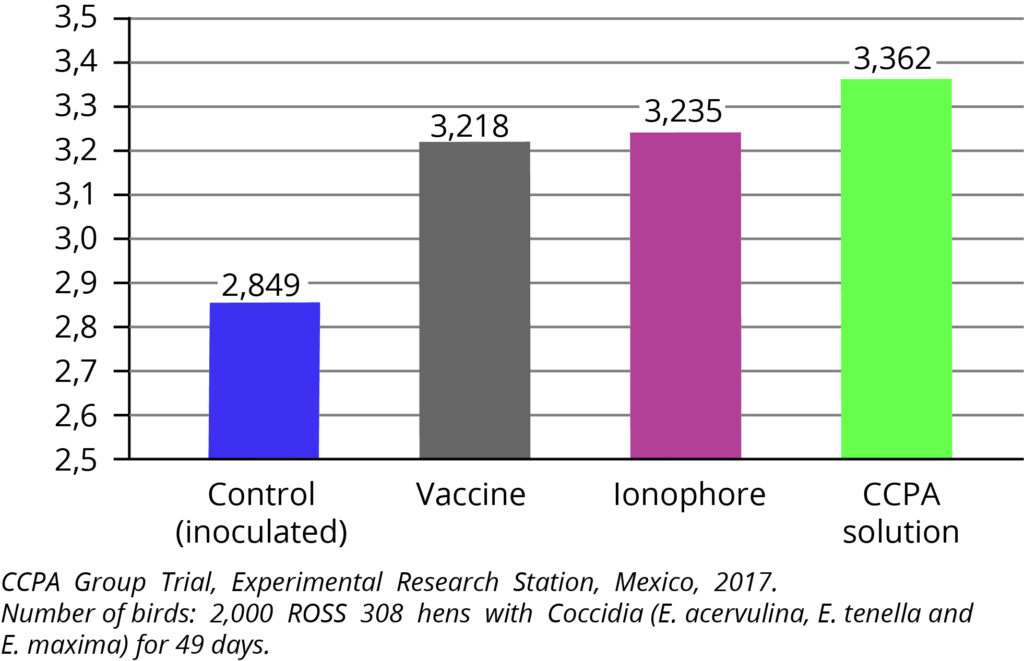
Figure 2 – Reduction of mortality.
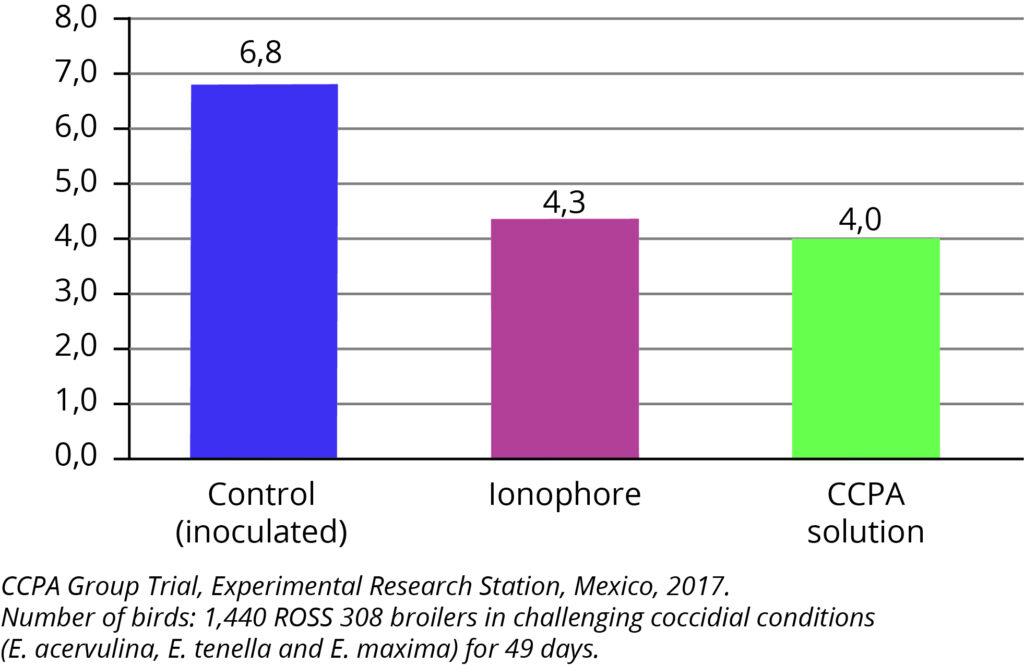
A 2018 trial in France at a CCPA research centre (Figure 3) showed the benefits of this solution on intestinal lesion score, measured according to the method established by Johnson J., & Reid W.M. (1970). The incorporation of a single dose in the feed led to Red lesion scores between 0 and 1, in contrary with other treatments including different market solutions, showing scores from 3 to 4.
Figure 3 – Improvement of average lesion score.
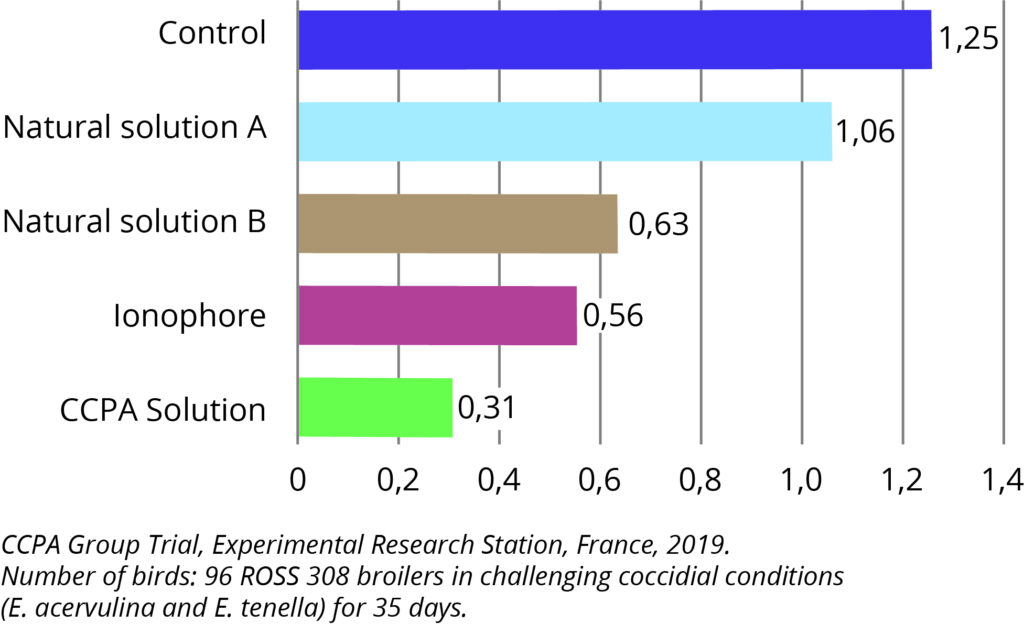
A trial set up by the Southern Poultry Research Group (SPRG) in the USA and published in Poultry Science, highlighted the benefits of this blend in an anticoccidial vaccination context. 1,250 Ross 308 broilers were divided into 4 treatments for a 42-day period (with and without coccidian challenge, vaccination with or without the supplementation). The combination of the natural solution with the vaccination improved the body weight by 4% compared to the vaccine alone. A restoration of the FCR was also observed to a close value to the negative batch (no infection and no treatment). Another experiment in Vietnam in 2020 showed better intestinal lesion scores compared to the vaccine alone. Lastly, an in vitro study set up in 2019 at Poulpharm experimental station showed a decrease of Eimeria spp. oocysts sporulation in presence of the blend of natural solution, suggesting an anti-infective action of the solution on these pathogens.
Controlling coccidiosis naturally
Through its natural and synergetic components, CCPA innovative solution responds to societal expectations in terms of animal welfare, animal and human health. Its efficiency on coccidia’s consequences has been proven through trials showing significant results on lesion scores, oocysts sporulation and zootechnical performance. It can be directly incorporated into the feed with varied uses: continuous, rotating, combined, to support vaccination and in the finishing period before the removal of the animals. All these options confer a great freedom and security toward coccidiosis control according to the breeding context and farmers’ needs.
References are available on request.
 Beheer
Beheer
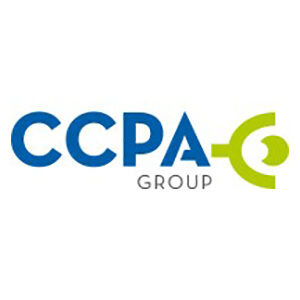
 WP Admin
WP Admin  Bewerk bericht
Bewerk bericht